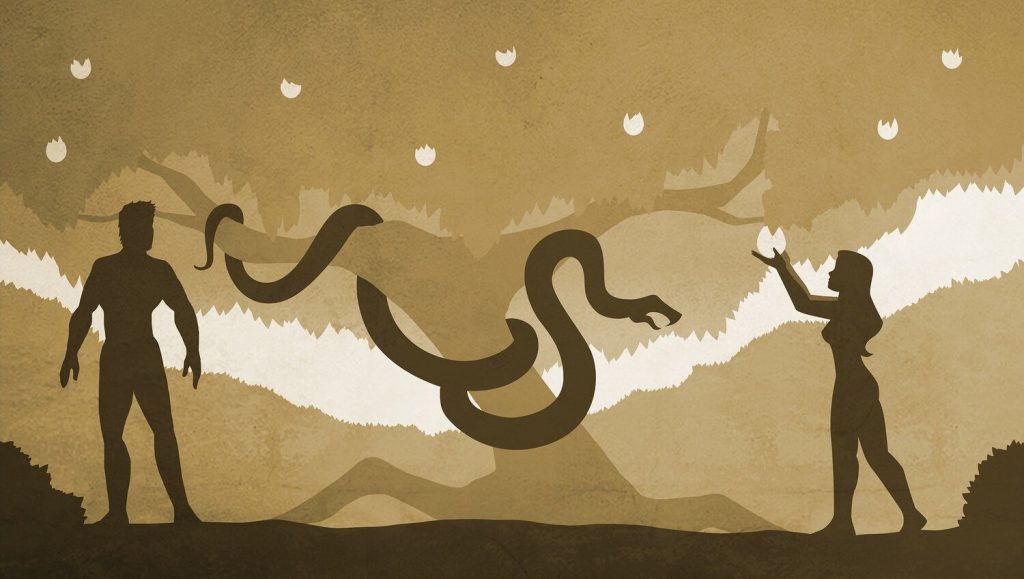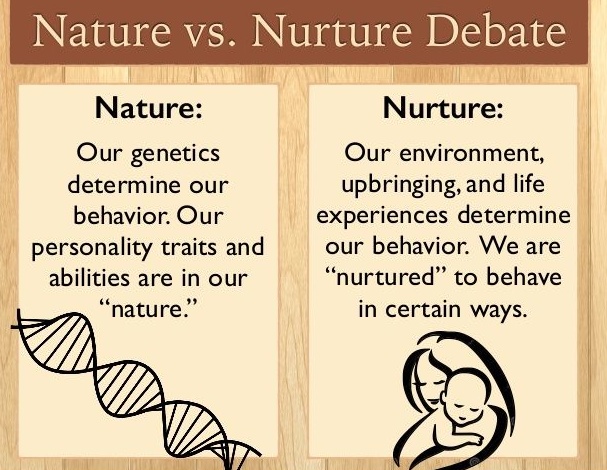Responding to LGBTQ+ Questions
Q: “I would be interested in seeing what you develop for your four-talk sequence regarding the LGBTQ conversation for teenagers. Our youth certainly need caring and compassionate adults to hear and understand their concerns and questions. I must admit to some uneasiness regarding the term ‘broken people’. While we all fall far short of perfection, I tend to reserve such terms more for things we consciously control rather than the way we are made. So I’ll look forward to knowing how you create your response to this important issue. ”
Thank you for being courageous enough to share your reaction to my term “broken people.” It seems we’re living in a time when the virtue of respectfully disagreeing with others while maintaining basic human etiquette has fallen to the vices of partisan bickering, shaming, and name-calling. This has taken us backwards and driven us further from each other. But, by staying at the table of discussion, all parties can grow in their understanding of one another and hopefully help create a better pathway forward than the one we’re on as a nation. Our political leaders on both sides of the isle are not setting a good example in this regard.
That said, allow me to clarify an important foundational shift I’ve undergone these past two years. And that is my posture. I’ve finally arrived at a place in my own spiritual journey where I’ve stopped trying to change people.
I think it was somewhere through the COVID isolation months that God impressed upon me just how little control I (and the rest of humanity) actually have on world events. I truly can’t make anyone believe or behave as I do. I’ve fallen to a deeper conviction that the best I can do is love God and others as myself (Matt 22:36-40). One way I can love God is to seek his truth. And one way I can love others is by compassionately upholding that truth. So my posture is one of listening and asking questions. It’s a posture of love and care for people with the long-term aim of human flourishing. It’s a posture of humility before God. I’ve stopped praying demanding prayers and have started asking, “God will you do such and such for so and so by this time?”, yielding myself to whatever God desires for the outcome. Does that make sense?
I share all that simply to say that I’m not seeking to “win” an argument. My goal is simply to share with people what I believe and why I believe it to be true — hopefully from a calm-headed, reasoned point of view. If there happens to be agreement, great! If not, it’s okay. Only let us still be able to live in harmony and peace. And maybe somewhere in the clarifying and re-clarifying of terms and ideas we’ll all arrive at a better mutual understanding.
Incidentally, I give much credit to the late E. Stanley Jones and his book Victory Through Surrender for helping me along in this posture shift. I highly recommend the book. For me, it’s been one of the most helpful books on the spiritual life I’ve read in the past twenty years.
What do you mean by the term “Broken People”?
Okay, on to your clarifying question on what I mean by “broken people.” Please know that I include myself in the category. My starting point, the way I view the world, is that it has become everything God never intended. Following Genesis 3, everyone and everything remain under sin’s curse. The only remedy for that curse is God’s redemptive work in human history, culminating in Christ’s saving work in and through and on the cross. He’s making all things new.

Even though I’ve surrendered my life to God through Jesus, there remain aspects of my life that have yet to be healed and mended. I still act out in anger with my children. I still find myself strongly attached to things that our culture says valuable and important. I still exhibit passive aggressive tendencies inherited from my family of origin.
The good news is that I’m in the process of being made more and more like Jesus. In Jesus, my brokenness isn’t the defining part of my identity, but it at least needs to be acknowledged if I am to grow emotionally and spiritually. I have to admit that in some respects I too am sexually broken. As a heterosexual male, I’ve sought sensual pleasure outside of God’s original design. I’ve fallen short. To varying extents, we are all broken.
So when I say we need to extend liberal compassion for broken people, what I really mean is a much broader category that extends well beyond those who identify as LGBTQ+. Unfortunately, the church of the 20th century has a sordid history with this particular outworking of sexual brokenness. We’ve carved it out as a categorically reprehensible sin worthy of special condemnation. That arrogant, judgmental, and hypocritical spirit has caused the church to lose its moral authority in society.
When I speak on the topic of sexual orientation and gender identity, I subordinate it under the larger category of sexual ethics. And when we speak of ethics and morality, it ultimately falls to a question of “Say’s who?” In other words, who gets to determine right and wrong, good and evil, moral and immoral?
I believe God to be the gravitational center of the universe. Central to the curse of Genesis 3 is a perpetual craving to make ourselves the center, or to make god in our own image in order to justify errant behaviors and beliefs. At bottom, it’s an issue of authority and our (un)willingness to submit to God’s authority.
I believe my theology of sin (hamartiology) and salvation (soteriology), which is ultimately derived from my views of the Scriptures, to be in alignment with Christian orthodoxy.
Nature vs. Nurture? Am I Born This Way?

As to the question of nature vs. nurture–which is where I think you were going in your response–I’ve surrendered that argument for the sake of the cause. I’m willing to concede that it’s possible someone might be born with a same sex attraction. To my knowledge science has not yet shown a genetic cause for homosexuality. Our understanding today is limited in scope; perhaps someday in the future it will be shown otherwise.
Nevertheless, would such a discovery make it morally permissible? I happen to be born with an opposite-sex attraction. But that natural tendency doesn’t permit me to express my sexual impulses in whatever ways seem most expedient. I speak this with utmost compassion for my gay friends. God has created and defined marriage between one man and one woman for the appropriate expression of our sexuality. I acknowledge that my Judeo-Christian view of the world and morality allows for no such release of that tension for the gay community, which is why I have great empathy for those that struggle in this area.
I believe the greatest challenge for Christ-followers today is to hold in tension conservative, orthodox views of Judeo-Christian sexual ethics and morality with liberal compassion for all people who are broken.
I look to Jesus as one who mastered that tension well. If, by God’s grace and mercy, we can get to the place where the church can become a safe place for members of the gay community to process their human experience in the context of truth and grace, then it will go a long way towards healing a broken world in many other areas. This will then allow the Church to regain some of the moral ground we’ve lost over the past century.



0 Comments